7 GPTs for Epidemiological Research Powered by AI for Free of 2026
AI GPTs (Generative Pre-trained Transformers) for Epidemiological Research are advanced artificial intelligence tools designed to assist in the study of the distribution, determinants, and control of diseases in populations. Leveraging the power of GPT technology, these tools offer tailored solutions for analyzing complex epidemiological data, predicting disease outbreaks, and understanding public health trends. By integrating vast amounts of data and identifying patterns, AI GPTs enhance decision-making processes in public health and epidemiology, providing insights that are crucial for disease prevention and control strategies.
Top 7 GPTs for Epidemiological Research are: MeRAC,Biostatistics Helper,Risk Analysis in Public Health,ワクチンは新型コロナによる死亡を35万人防いだのか?,Public Health AI,Stroke AI research,Predictive Analytics for Disease Outbreaks
MeRAC
Streamlining Medical Research with AI
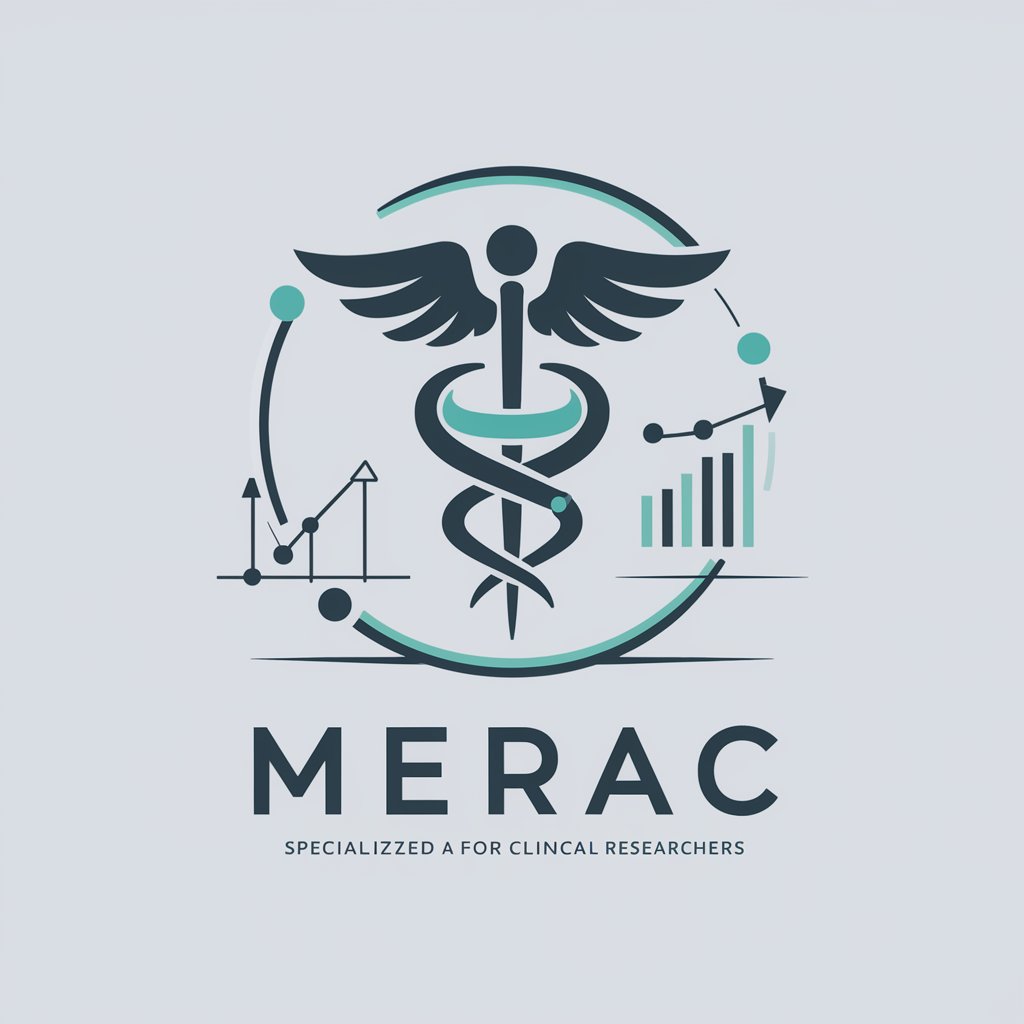
Biostatistics Helper
Empowering Data-Driven Decisions in Biomedicine

Risk Analysis in Public Health
Empowering Public Health with AI
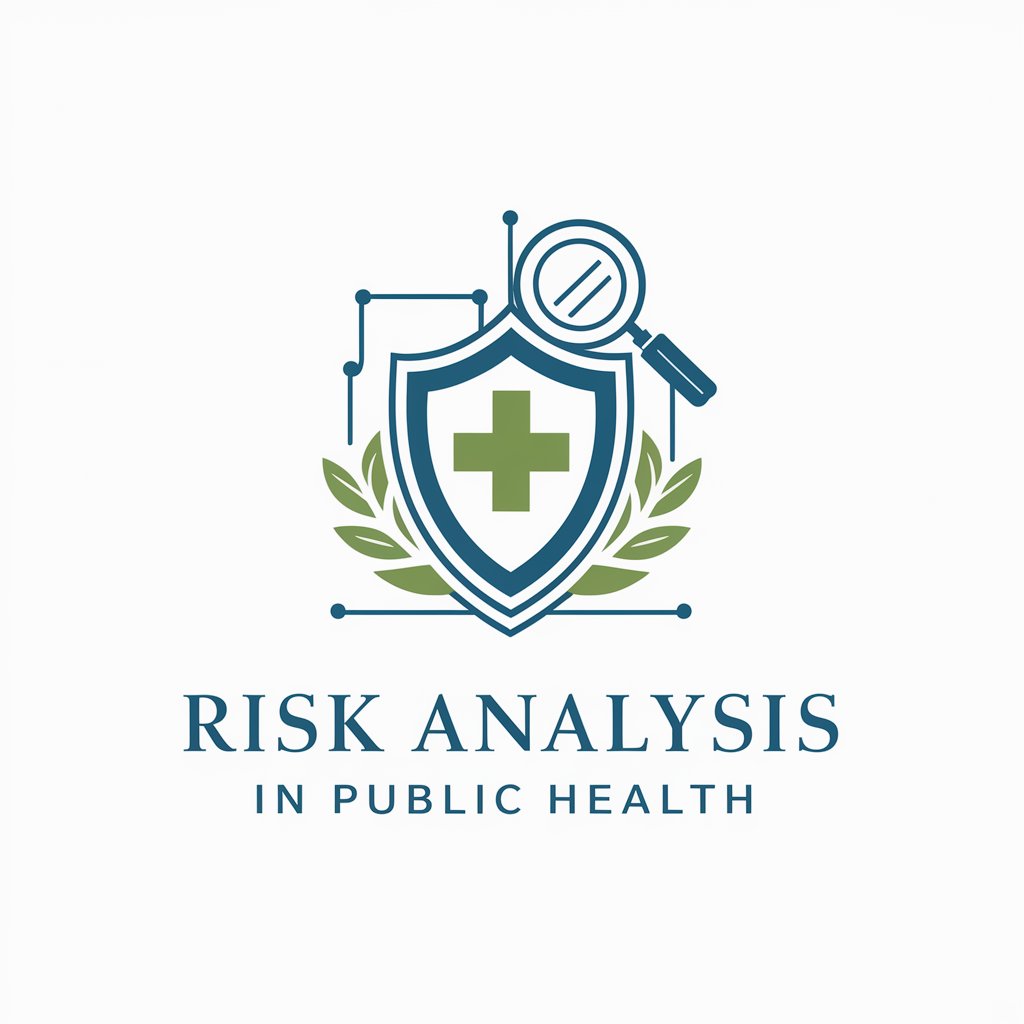
ワクチンは新型コロナによる死亡を35万人防いだのか?
Decoding Vaccination Impact with AI
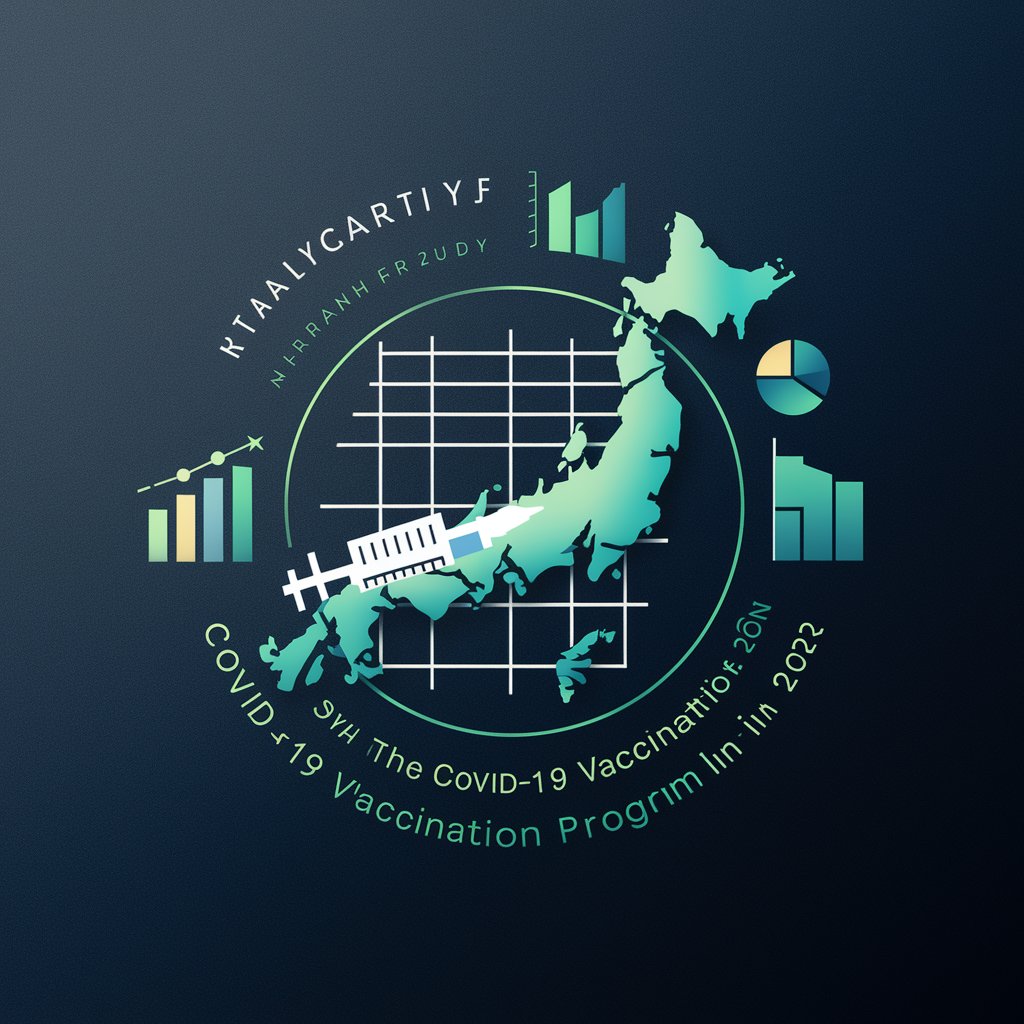
Public Health AI
Empowering Public Health with AI
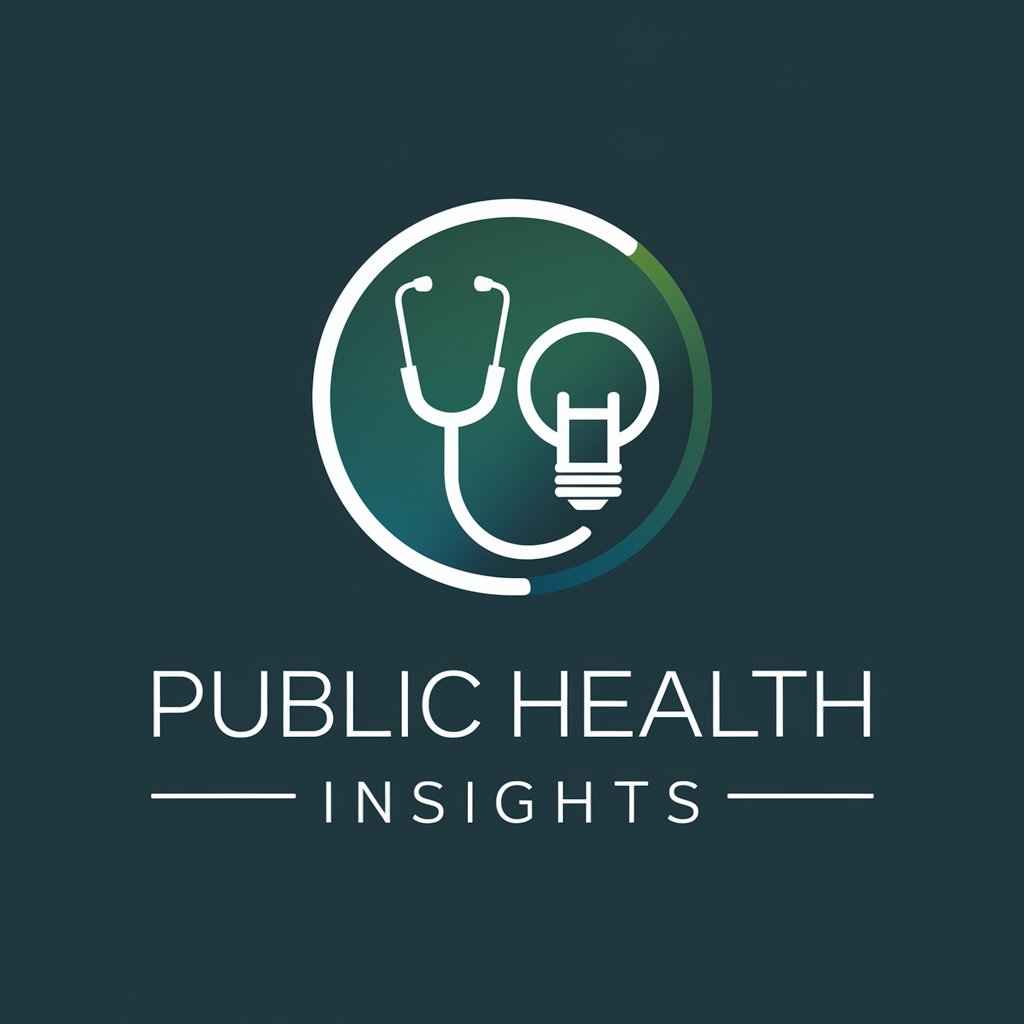
Stroke AI research
Powering Stroke Research with AI
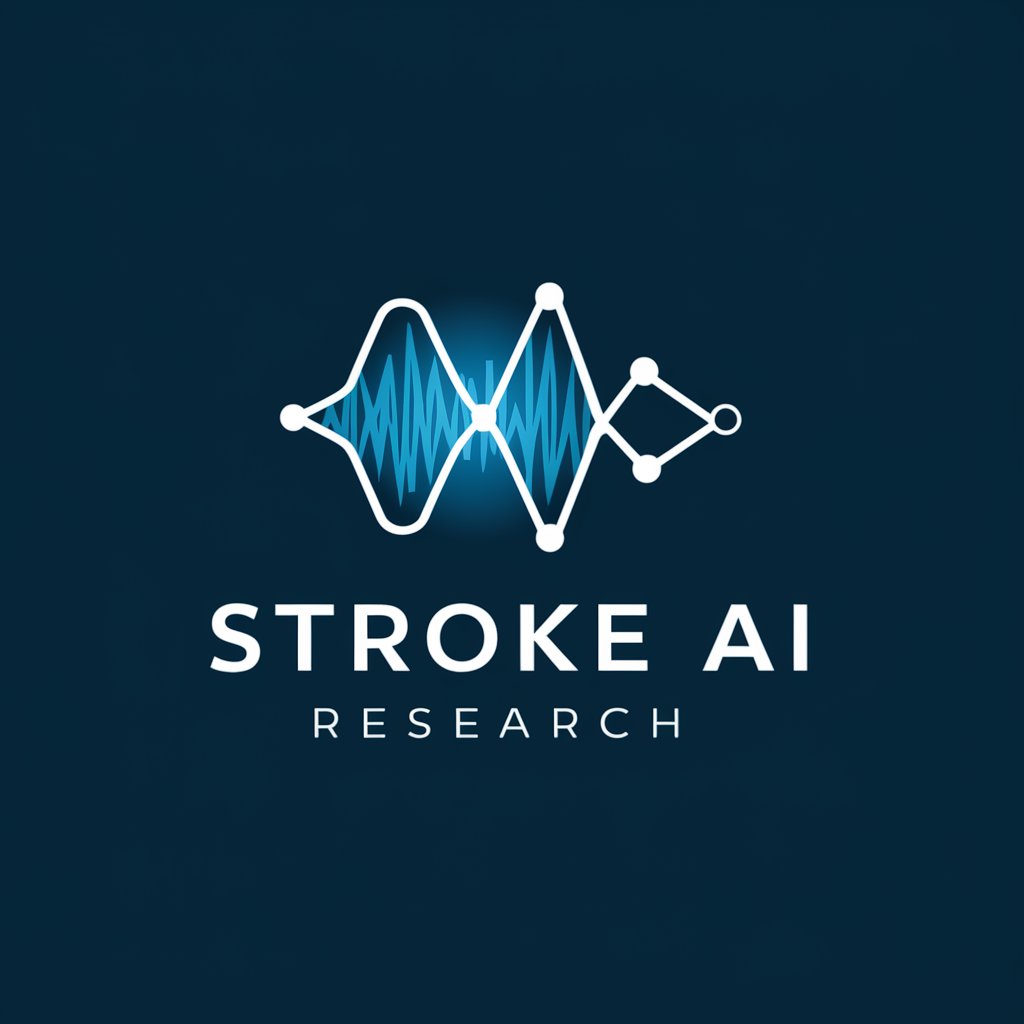
Predictive Analytics for Disease Outbreaks
Anticipating outbreaks with AI precision

Key Attributes of Epidemiological AI GPTs
These AI tools stand out due to their adaptability across various epidemiological research scenarios, from analyzing disease patterns to predicting outbreaks. Key features include natural language processing for digesting medical literature, data analysis capabilities for handling large datasets, and predictive modeling to forecast disease trends. Special features might include web searching for the latest research, image generation for data visualization, and custom code execution for tailored data analysis, making them indispensable in the field of epidemiology.
Who Benefits from Epidemiological AI Tools
The primary users of AI GPTs for Epidemiological Research span from novices, such as students and public health practitioners, to developers and data scientists specialized in health informatics. These tools are designed to be accessible to those without coding skills, offering a user-friendly interface for complex data analysis, while also providing robust customization options for programming experts to conduct advanced research.
Try Our other AI GPTs tools for Free
Strategic Analysis
Discover AI GPTs for Strategic Analysis: Tailored AI tools empowering businesses with cutting-edge insights for informed decision-making and strategic planning.
Acupuncture Understanding
Discover how AI GPTs for Acupuncture Understanding are revolutionizing the way we learn, apply, and innovate in acupuncture practices, making it more accessible and efficient.
Essay Structuring
Discover how AI GPTs revolutionize essay structuring, offering tailored, intelligent assistance for seamless essay planning and organization.
Academic Compliance
Discover AI-powered tools designed to streamline academic compliance, offering tailored advice, automated management, and easy integration with educational systems.
Citation Management
Discover how AI GPTs for Citation Management can transform your research and writing process with automated, accurate citation generation and reference management.
Playful Interactions
Explore AI GPTs for Playful Interactions: transformative tools designed to create, enhance, and personalize your digital interactive experiences.
Enhanced Solutions through AI in Epidemiology
AI GPTs offer a paradigm shift in epidemiological research, providing user-friendly yet powerful tools for data analysis, visualization, and prediction. These AI solutions seamlessly integrate with existing systems and workflows, facilitating a more efficient and effective approach to public health monitoring and decision-making.
Frequently Asked Questions
What exactly are AI GPTs for Epidemiological Research?
They are AI-driven tools utilizing Generative Pre-trained Transformer technology tailored for analyzing and interpreting data in the field of epidemiology, aiding in disease outbreak prediction and public health research.
How can AI GPTs transform epidemiological research?
By leveraging vast datasets and employing advanced analytics, AI GPTs can uncover patterns and predictions that are not immediately apparent to humans, thereby enhancing disease surveillance and public health strategies.
Who can use these AI GPT tools?
They are designed for a broad audience, including healthcare professionals, researchers, public health officials, and even students interested in epidemiology, regardless of their programming skills.
Can AI GPTs process data from various sources?
Yes, they are capable of integrating and analyzing data from diverse sources, including clinical trials, health records, and public health databases, providing a comprehensive view of epidemiological trends.
Do these tools require programming knowledge?
Not necessarily. While they offer sophisticated customization options for those with coding expertise, they also provide user-friendly interfaces for individuals without programming backgrounds.
How do AI GPTs ensure data privacy?
These tools adhere to strict data privacy and security measures, ensuring that all data analysis and processing comply with relevant health data protection regulations.
Can these tools predict future disease outbreaks?
Yes, through predictive modeling and analysis of existing data, AI GPTs can forecast potential disease outbreaks, enabling proactive public health measures.
Are AI GPTs for Epidemiological Research customizable?
Absolutely. They are designed for high levels of customization, allowing users to tailor analyses to specific research needs or public health questions.